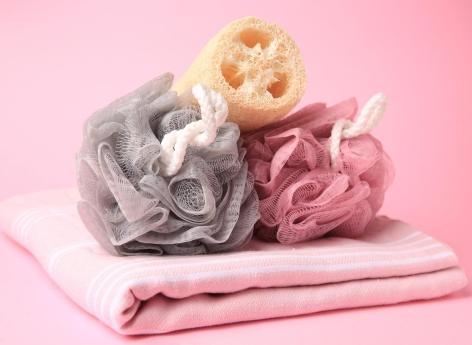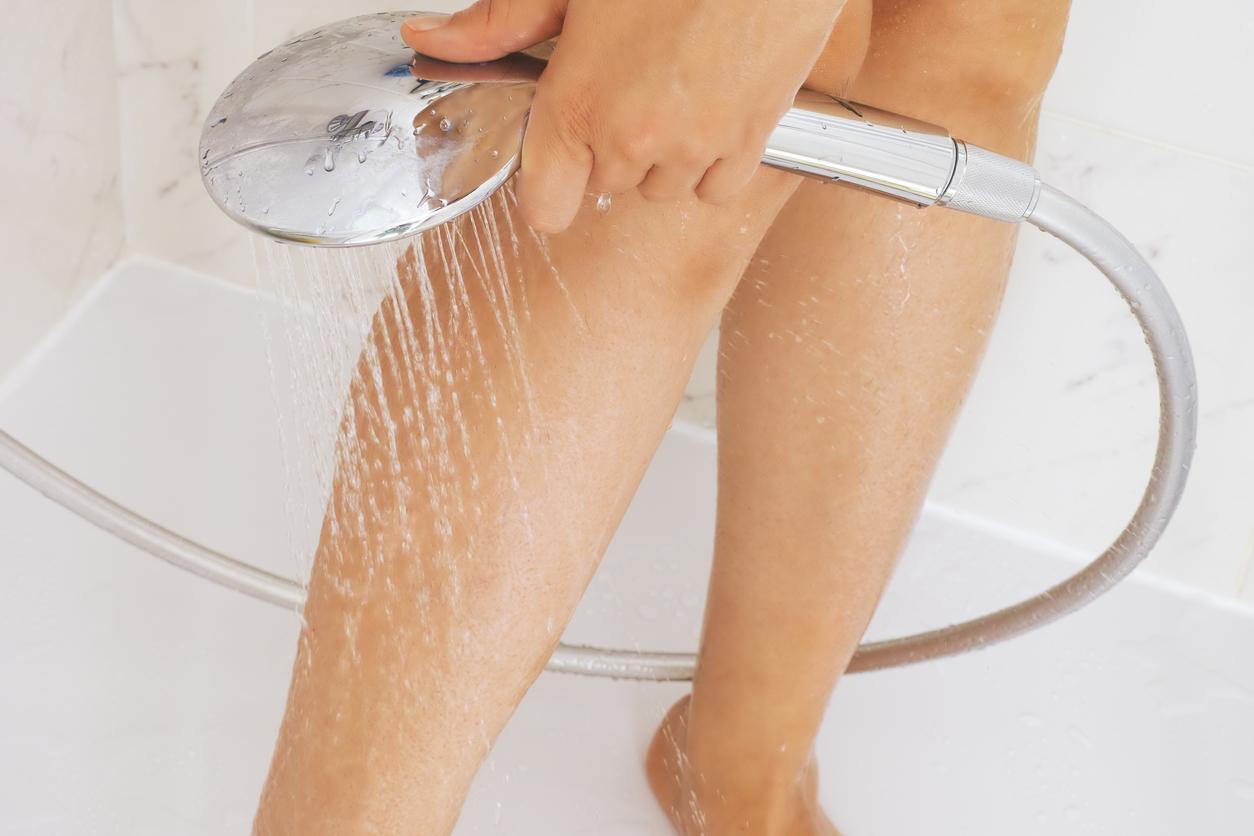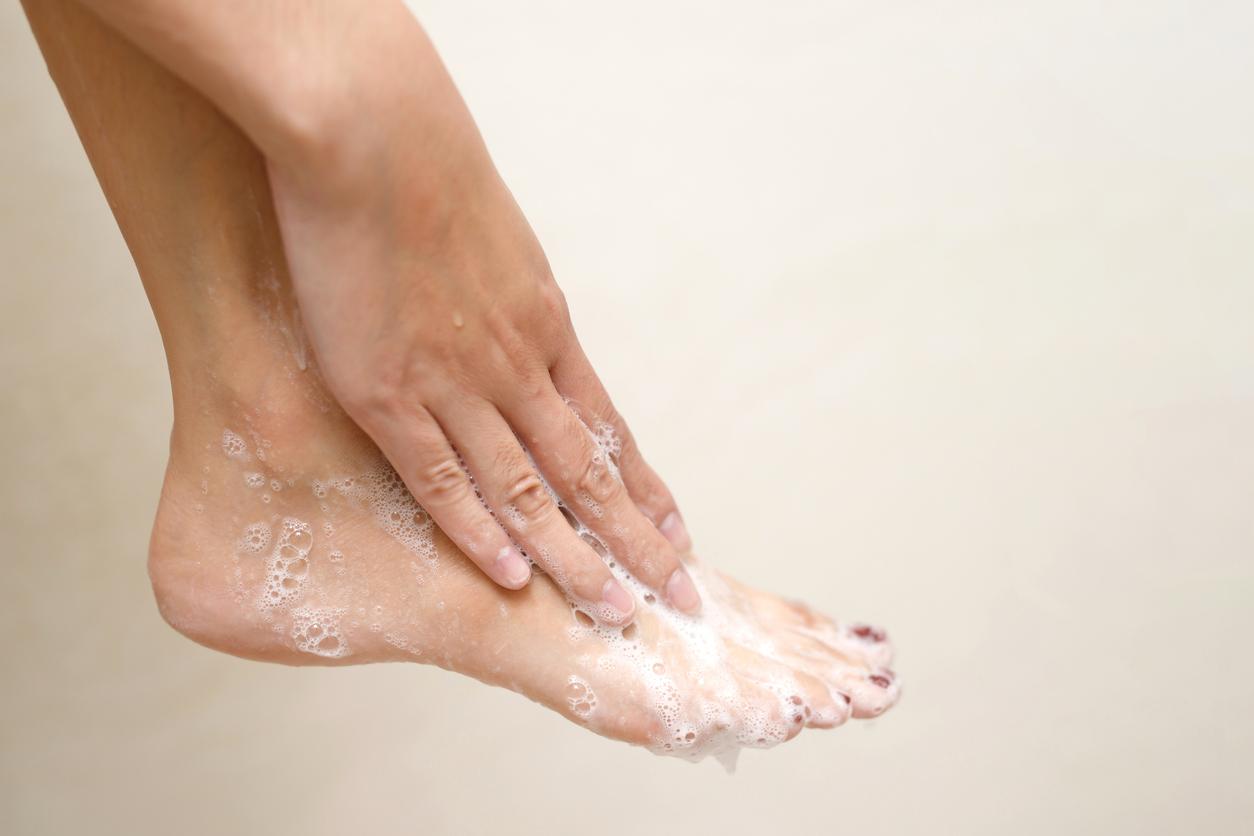
08/08/2016.
Many women wash their vagina daily for hygiene reasons. Indeed, it is generally the smells that can seem giant and this practice is also done before and after love. However, according to an American study, these women are at risk of ovarian cancer.
The vagina is self-cleaning
The study published in the journal Epidemiology, shows that women who take an intimate shower are twice as likely to contract ovarian cancer. To carry out this study, American researchers at the NIH followed 40,000 women aged 35 to 74 for 6 years. During this period, 154 women reported ovarian cancer.
Even if it is not possible to conclude with certainty that showering inevitably leads to cancer, and in view of the low absolute risk (0.4%), why take the risk anyway, when ” there is no valid reason to wash the vagina, against many proven harmful effects “Asks one of the study’s authors, Clarice Weinberg.
The best is not necessarily good
This practice is very widespread in some countries: in the United States, a quarter of American women and 75% of women in Egypt or Cambodia would use this toilet. In 2011 in France, 29% of women wash before having sex against 24% of men and 40% afterwards against 30% of men.
Women do this for the sake of hygiene. However, the vagina is self-cleaning thanks to its secretions. So there is no reason to wash it. In addition, introducing water or washing products will upset its bacterial balance. Killing the good bacteria increases a woman’s risk of developing yeast infection and vaginosis. It could also disrupt hormonal activity ensuring fertility if phthalates, present in soaps, enter the vagina.
For the outdoor toilet, it is not necessary to soap directly. Allowing soapy water to run will be sufficient for satisfactory hygiene. According to Dr Marie-Claude Benattar, “ those who use an antiseptic wipe or wash after going to the toilet, those who soap themselves two or three times a day, or even before and after intercourse, go beyond hygiene. They cleanse their sex and chronically suffer from burning, itching, chapping “.
Read also: Intimate hygiene: the right reflexes

















